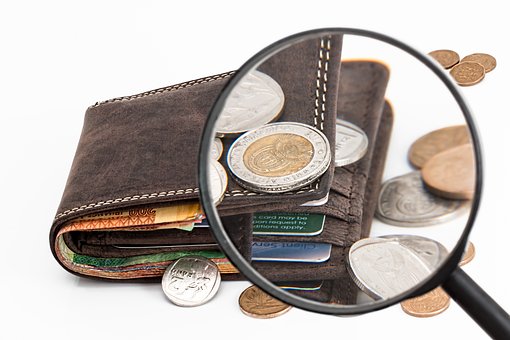
In a world where shopping is so accessible, whether it be online or physical, it can be challenging knowing when to say no, and avoiding racking up unnecessary debt. The temptation to shop surrounds us on all sides, and sometimes causes us to splurge on things we later regret. For, we’ve all been there. Purchasing a certain item impulsively, and then finding ourselves wondering if it was really worth it after the fact. Do we really need that waffle iron? Is the merchandise that we buy beneficial for the now, or for a lifetime? These are questions that some might oftentimes ask themselves, and in response a reliable budget might answer these inquiries, as well as solve many of the problems that they are having difficulties tackling on their own.
First and foremost, we find ourselves making lists, whether it be a to-do list for the week, and/or our daily plans to help us reach our goals, and/or accomplish all that we need to for the day. These can be in the form of grocery lists, planners, memo pads, post it notes, etc. But even as we make time to order all of these lists, many of us fail to make one of the most important lists of all—in regards to our finance—a budget.
In turn, a budget is defined as, “an estimate of income and expenditure for a set period of time.” As a result, “a budget is a plan for spending the income you have, building savings and using credit wisely. In short, a budget allows you to control the direction of your financial future.” An example is as follows; let’s say that someone has 500 dollars for the week. They want to set aside enough money for groceries, savings, phone bill, credit card bill, and a hundred towards his/her rent payment which is due at the beginning of next month.
Hypothetically speaking, let’s say that groceries are $100, money set aside in savings is $100, phone bill is $100, credit card bill is $50, and money towards rent is $100. When they form a budget for these things, they then have more money that they can either put into savings to put towards future goals/purchases, money they can put towards other expenses/bills to get ahead, and/or even money they can use on themselves for trips, and/or other enjoyable miscellaneous expenses. In turn, budgeting allows this, which we see an example of in the makeshift budget above—as the individual has $50 left that they can use on other such things after all of his/her important expenses have been paid.
In conclusion, budgeting can be beneficial to those who chose to make use of it—and/or stick to it. It’s through such that they will begin to see a significant change in their finances, and will no longer have to deal with the stress that comes with not having enough money to pay for important expenses, and/or accumulating an abundance of debt due to careless spending—and/or careless purchases that can be avoided otherwise.